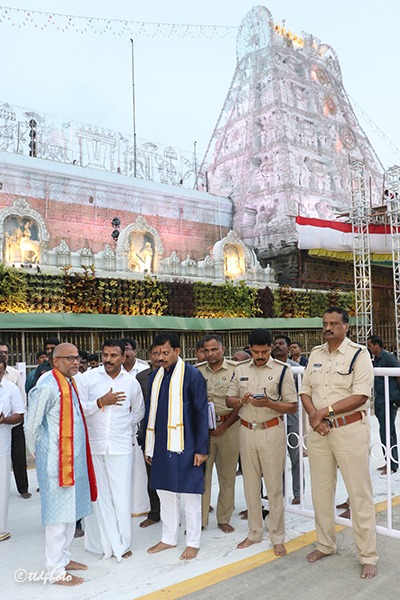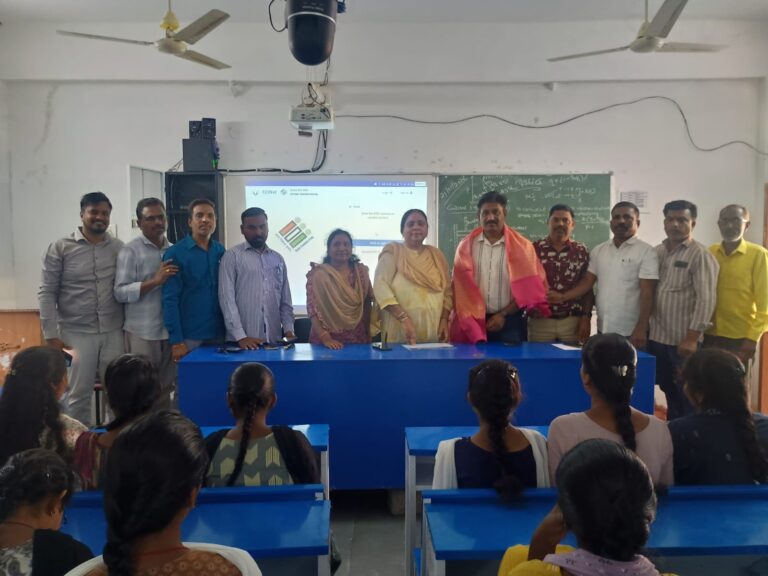
Without DCCBs, There Is No TGSCAB – But Without Justice, There Is No Peace
HYDERABAD, JUNE 24, 2025: The Telangana State Cooperative Apex Bank (TGSCAB) and its 9 District Cooperative Central Banks (DCCBs) together form the backbone of the rural cooperative financial system. However, a deep ethical and operational crisis is brewing, triggered by unilateral actions by TGCAB and the Telangana State Cooperative Central Bank Employees Association (TCCBA), resulting in systemic injustice and triggering unrest among DCCB employees across the state.

Disparity in Wage Revision – Injustice by Design?
While TGCAB employees have already received revised pay scales along with arrears, their counterparts in DCCBs continue to suffer indefinite delays in wage revision negotiations, despite repeated demands and representations. The apparent inaction by TCCBA in supporting DCCB staff has led to rising discontent and resentment.
Multiple DCCB employees have reported that TCCBA’s current priorities are politically driven, focused more on extending the tenures of DCCB Chairpersons than ensuring employee welfare. Such allegations, if true, raise serious concerns about the integrity of leadership within the cooperative sector.
Escalation on the Ground – Strike is Now Inevitable
Frustrated by inaction and disparity, DCCB employees are reportedly considering non-cooperation movements and even a state-wide strike. This comes at a critical juncture – the Kharif season, where rural banks play a vital role in:
– Distribution of seeds, fertilizers, and pesticides
– Disbursement of seasonal agricultural loans
– Paddy procurement and marketing coordination
Any disruption at this stage will directly impact lakhs of farmers, particularly marginal and smallholders who depend on PACS and DCCBs for their inputs.
Autonomous Institutions Under Pressure – Erosion of Cooperative Spirit
DCCBs are autonomous financial entities, governed by elected boards and professional employees. Yet, by suppressing their autonomy and welfare, TGCAB and TCCBA risk dismantling the very foundation of cooperative democracy.
Let us not forget: TGCAB’s income, liquidity, and loan portfolio depend on the operational success of DCCBs. Undermining their staff and morale may lead not only to financial instability for TGCAB but also to loss of public trust in the state cooperative system as a whole.
Call to Action: RBI, NABARD, State Government, and Cooperative Department
We urge immediate attention from the regulatory and administrative authorities to:
1. Investigate the actions and inactions of TGCAB and TCCBA regarding DCCB employee wage disparity.
2. Ensure a fair and time-bound wage revision for DCCB staff, including arrears, with parity to TGCAB.
3. Reinforce institutional autonomy of DCCBs and protect employee rights through transparent mechanisms.
4. Hold responsible officials accountable for deliberate neglect of employee welfare during crucial agricultural seasons.
5. Restore cooperative values – mutual respect, decentralized functioning, and equitable treatment.
Conclusion: Before the Collapse Becomes Inevitable
The cooperative movement was never meant to be a top-down empire, but a partnership of equals. The current trajectory threatens not just industrial peace but also the food security and rural economy of Telangana.
If employee unrest leads to strike, the damage will not be confined to bank ledgers – it will reflect in farmer distress, supply disruptions, and public outrage. The need for ethical correction and regulatory intervention is immediate and non-negotiable.




